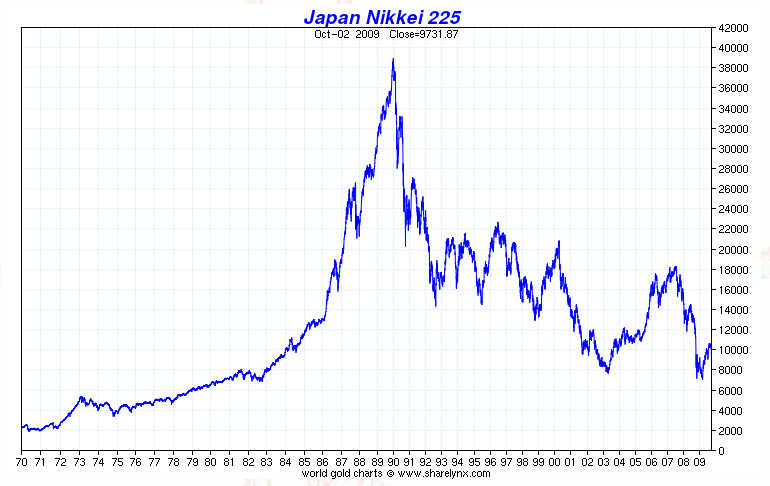ClosingADoor
Member
You keep buying just like you always do. Markets go up and down. Let's say you exit at 75. Then the downtrend stops at 70 and it goes up again. Do you enter the market? Do you stay out?Should we have an exit strategy for passive etf? Probably being asked b4.
Say i have 100 unrealised profit now, then shit seems to start, do i set an exit point like say 75? Or do i continue to add positions on the downtrend?
Will like to know if there's some formula to obtain that '75' exit figure.
Just keep the money in, add over time. If the market crashes, you buy on the cheap for that time.
Of course this is a bit different if you are close to retiring, but you have probably transferred to bonds mostly by then.

